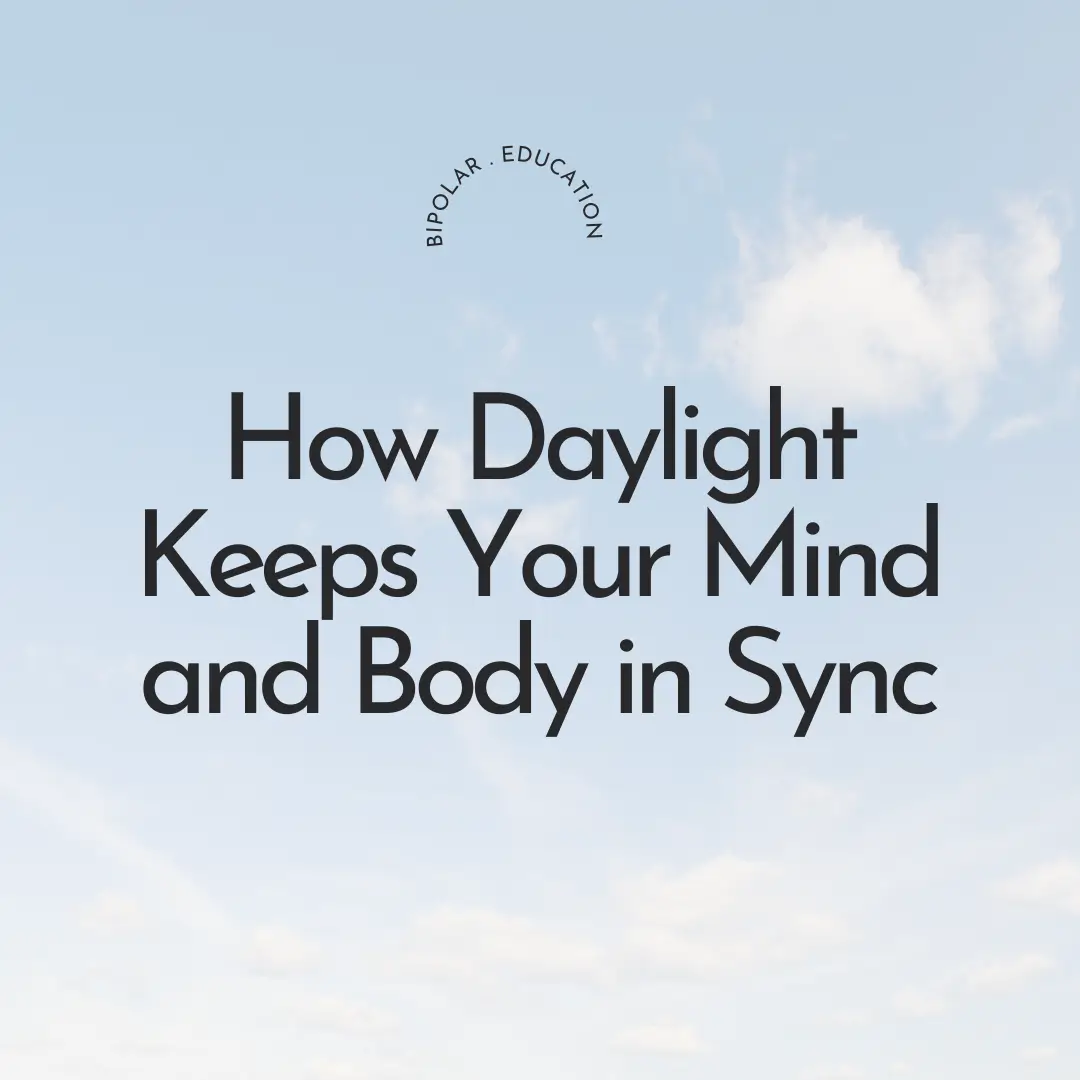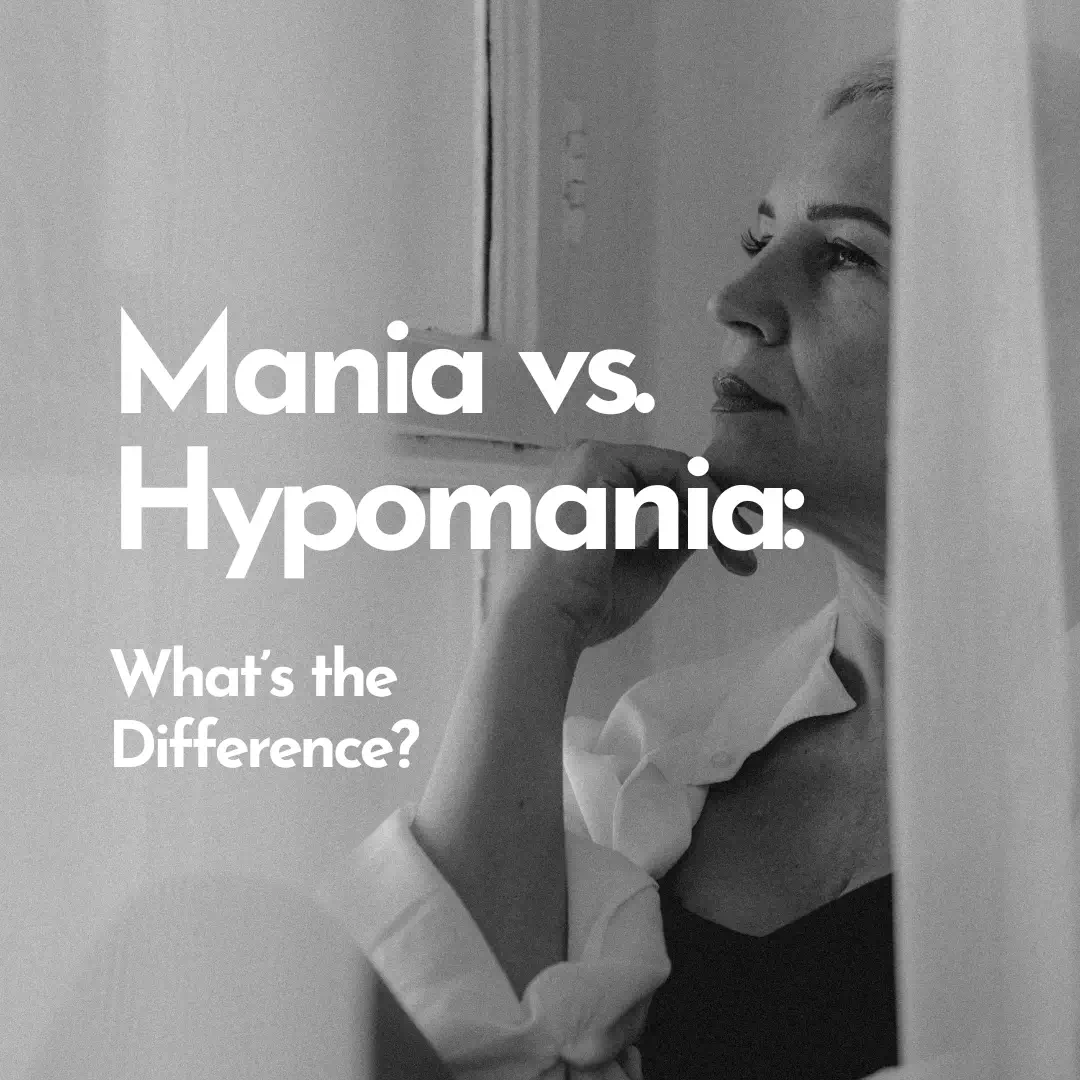In my therapy sessions, patients are always asking, “Why does understanding bipolar disorder matter so much? Isn’t managing the symptoms enough?” It’s a fair question, and my answer is always the same: knowledge is power. When it comes to living with bipolar disorder, psychoeducation isn’t just a nice extra—it’s a cornerstone of effective therapy.
Let me explain why.
What is Psychoeducation Anyway?
Think of psychoeducation as the ultimate user manual for your brain. It’s the process of learning about bipolar disorder—what it is, how it works, and what you can do to manage it. But it’s more than just facts and figures; it’s about connecting the dots between your symptoms, triggers, and the treatments that work best for you.
In my practice, I often see patients light up during psychoeducation sessions. Understanding why mood episodes happen or how to spot early warning signs can feel like discovering a secret map to navigate the ups and downs. And trust me, when you’re armed with that knowledge, life starts to make a lot more sense.
Empowering Yourself
In my rooms, patients are often concerned about feeling powerless over their mood swings. Here’s where psychoeducation comes in: it puts you back in the driver’s seat.
For example, learning how your sleep patterns impact your mood can inspire simple changes that make a huge difference. Or understanding the role of medication can help you stick with your treatment plan, even when things feel stable.
Psychoeducation also makes you a pro at spotting patterns. You’ll know when a depressive episode might be brewing or when hypomania is knocking at the door. That awareness allows you to act early, minimizing the impact.
Empowering Those Around You
Patients often wonder, “How do I explain this to my partner, family, or friends?” It’s a tough one, but psychoeducation can help. When you understand your diagnosis, you can communicate it more effectively. You can teach others what bipolar disorder is—and what it isn’t.
Helping your loved ones understand the nature of mood episodes or the importance of consistent routines isn’t just about making life easier for you. It’s also about building stronger, more supportive relationships. When those around you get it, they’re better equipped to cheer you on or step in when you need a hand.
The Ripple Effect
One of my favorite parts of psychoeducation is watching the ripple effect. When you understand your bipolar disorder and share that knowledge, you create a network of empowerment. It’s not just about surviving—it’s about thriving, with a support system that truly understands the journey you’re on.
But here’s another powerful benefit: advocacy. When you educate others about bipolar disorder, you’re not just helping yourself—you’re breaking down stigma. Many patients in my rooms worry about being misunderstood or judged because of their diagnosis. By teaching the people around you what bipolar disorder really is, you’re helping to create a world that’s more compassionate and informed.
This advocacy work, even in small everyday conversations, chips away at stereotypes and replaces them with understanding. It’s a gift not just for you but for everyone who’s living with this condition.
If you’re ready to take the next step in understanding your diagnosis and building the skills to manage it, let’s work together. Book a session, and let’s turn knowledge into your superpower. 💡




